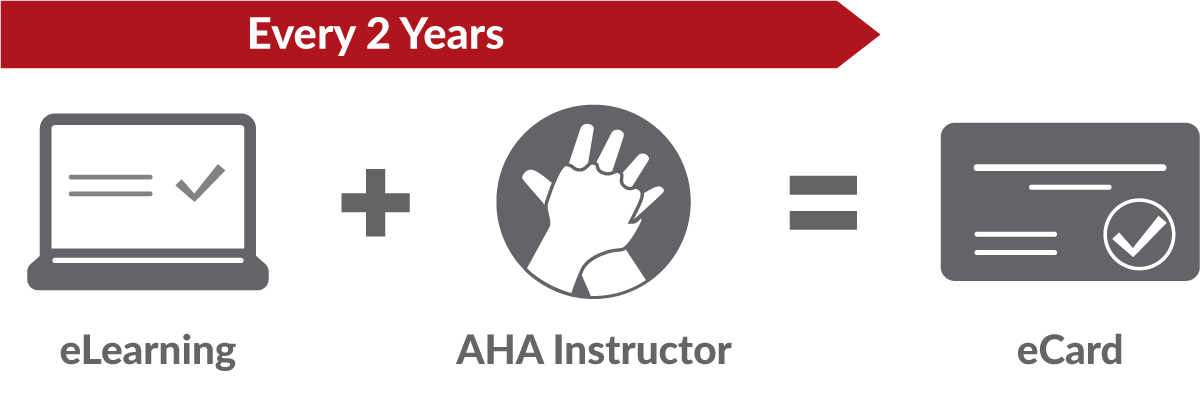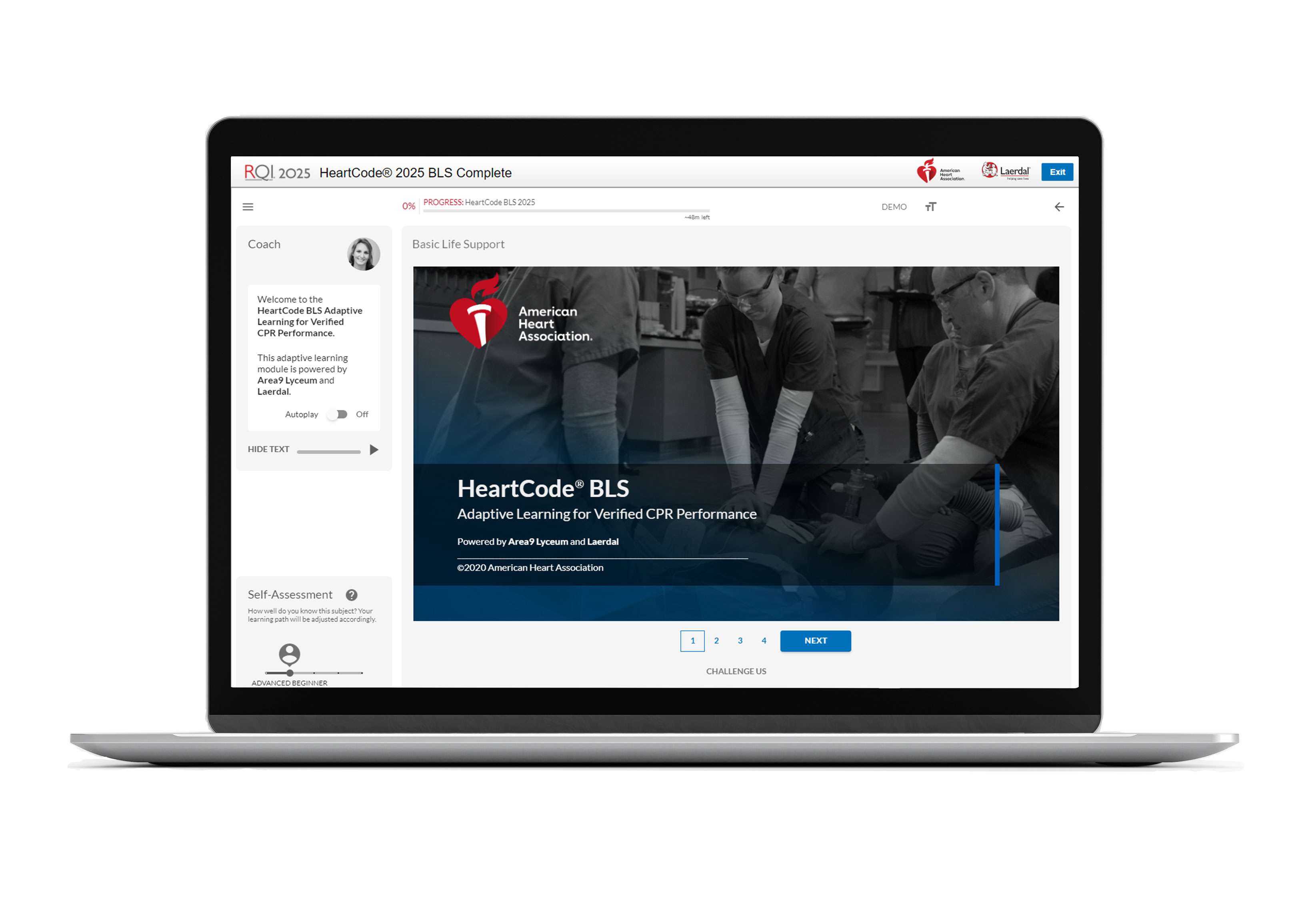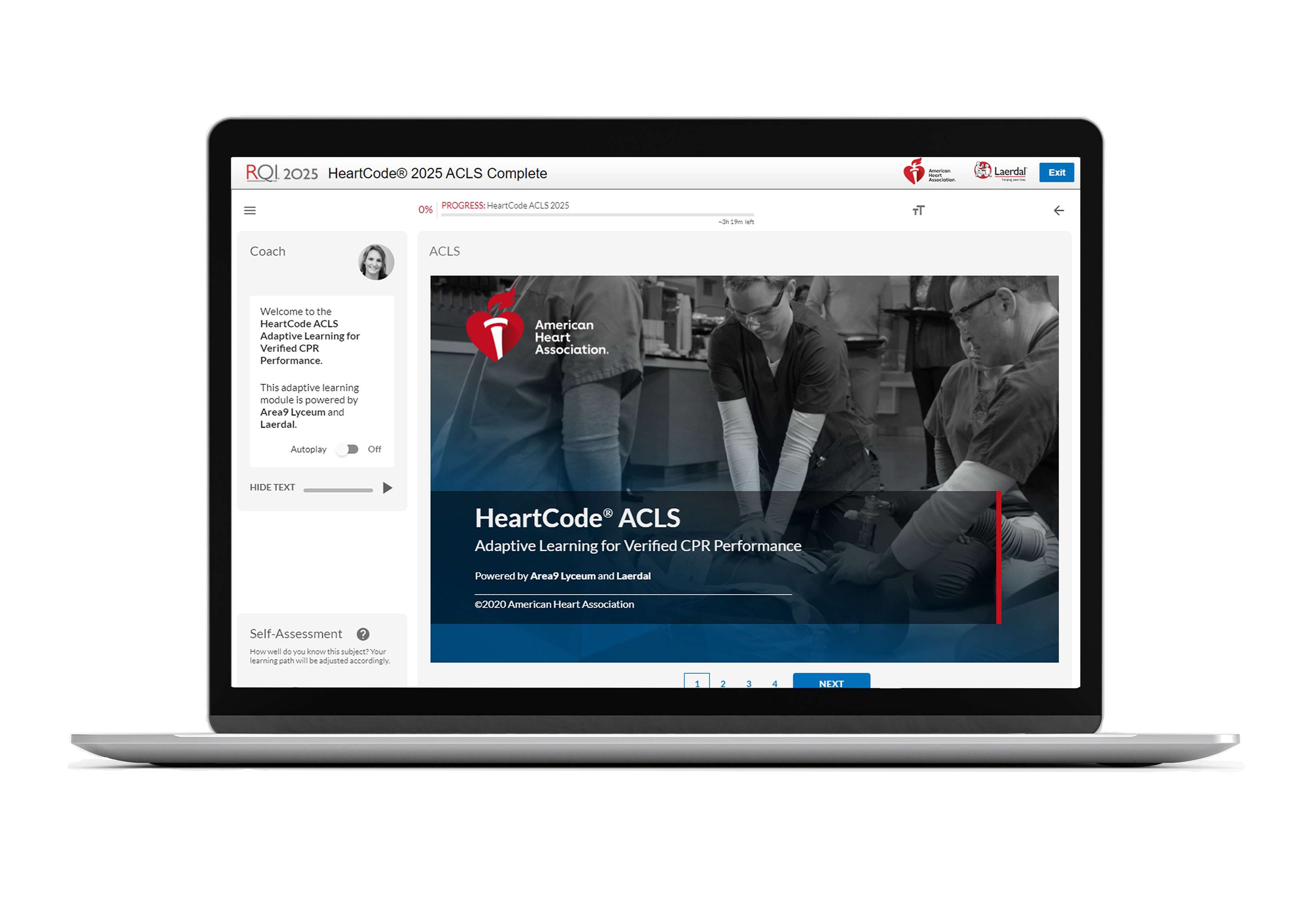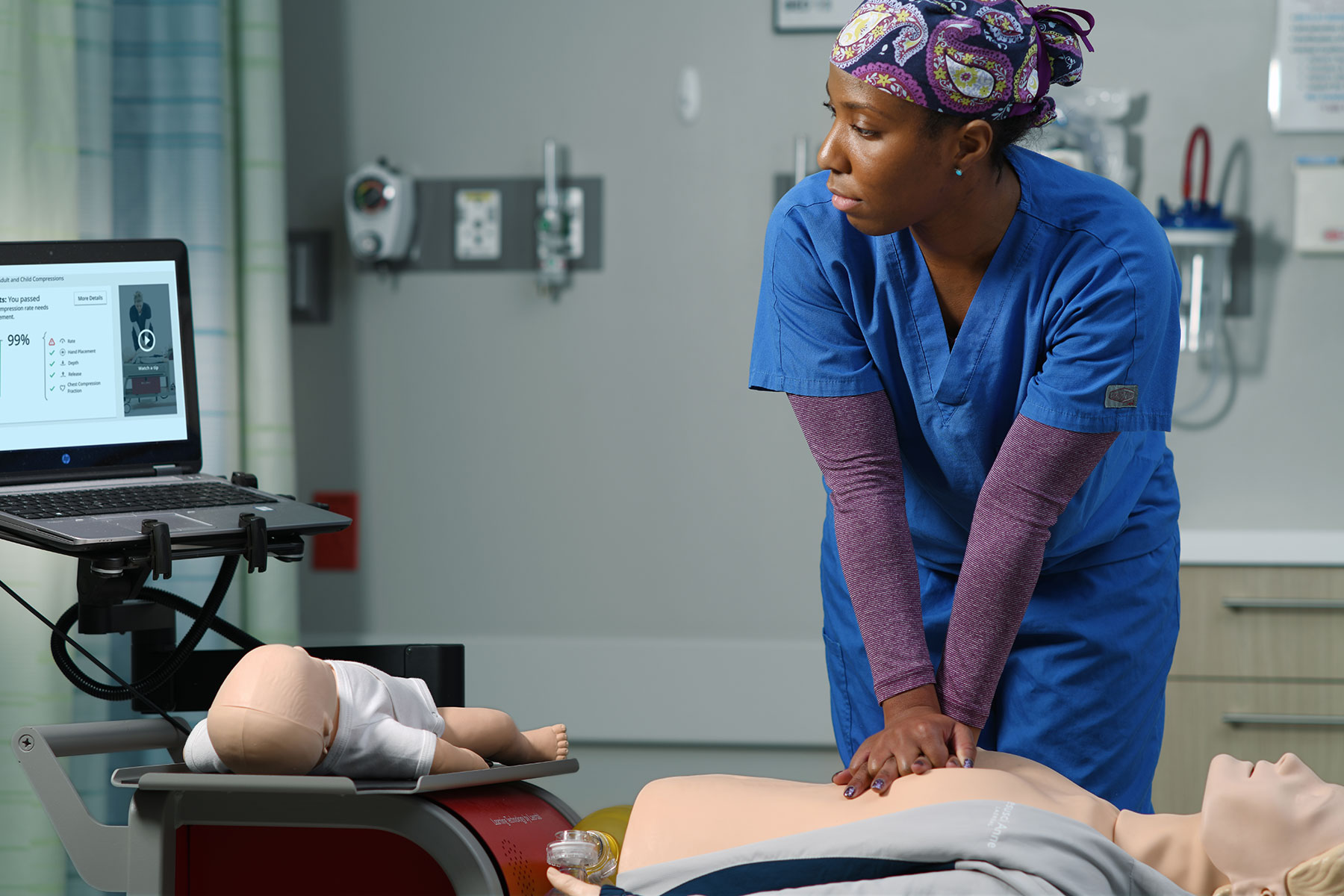
Effective & convenient
Leveraging digital learning technologies
Self-directed learning
With real-time guidance from our software, healthcare professionals can conduct self-directed training at their own pace.
True Adaptive Learning
Innovative algorithm adapts education in real time to each learner’s level of expertise to deliver the most efficient learning path.
Anytime, anywhere, on any device
Featuring responsive design, the eLearning portion can be accessed online anytime, anywhere on a variety of devices.




